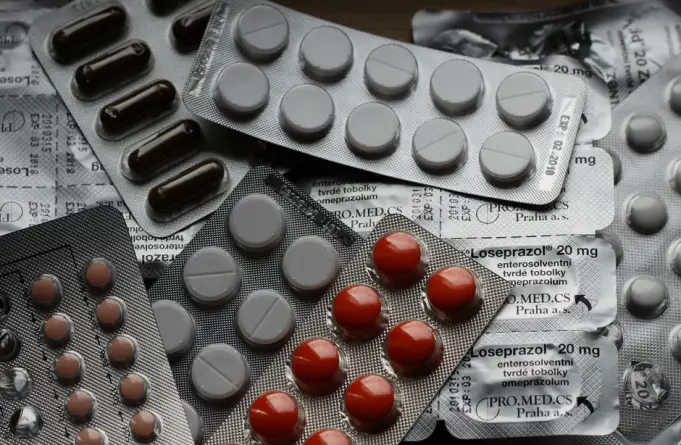Encaprin was a pain relief medication used throughout the mid-1980s, before it was pulled from the market following poor sales.
The medicine fell victim to a tampering-related scandal, and was unable to ever recover from the bad publicity it received as a result. While no actual evidence of tampering was ever found, the damage for Encaprin had been done.
This event came in the midst of a tampering crisis throughout the 1980s, which resulted in increased provisions and tightened regulations towards the packaging of medications.

Background
In the 1980s, the painkiller market was huge in the United States, with numerous pharmaceutical companies attempting to capitalise on this.
Procter & Gamble submitted a patent in 1983 for a coated version of Aspirin – to be named Encaprin. The term Encaprin was chosen due to its similarity to the word Aspirin.
But the industry had been heavily impacted by the 1982 Tylenol tampering scandal – where 7 people tragically lost their lives after some tablets of Tylenol were tampered with, with cyanide being added to them.
Initial Success
Unpreturbed, Procter & Gamble proceeded with their plans to enter the market, and overcame initial hurdles, resulting in the release of the product in 1984.
Encaprin made a good start, and with the public wary of Tylenol, Encaprin was able to attract many consumers. But as mentioned, the overall industry was very competitive, making it difficult for Encaprin to get a foothold in the market.
However, the branded ibuprofen Advil was released shortly after, which became hugely popular, leading to sales of Encaprin falling.
Tampering Scandal
But Encaprin became embroiled in a tampering scandal in 1986, which ultimately caused its demise.
An anonymous caller contacted Procter & Gamble, claiming that they had tampered with some boxes of Encaprin – having placed Cyanide in some of the capsules.
The Tylenol tampering scandal had taken place in Chicago, Illinois, and the caller declared that the cyanide capsules had been placed in Walgreens stores in Chicago, Illinois, and Detroit, Michigan.
This caused a frenzy, and led to Walgreens and other stores withdrawing Encaprin from their shelves nationwide, with public warnings made.
All boxes of Encaprin were consequently recalled. But just nine days after the call, Procter & Gamble stated that there was no evidence that any Encaprin capsules had been tampered with.
The products were returned to the shelves, but consumer trust in Encaprin plummetted. This caused sales to lower significantly, and within 5 months, Encaprin had been removed from the market.
Hoax Theories
As mentioned, Procter & Gamble didn’t find any evidence to suggest that any tampering had taken place. As a result, it is widely believed that the call was a hoax.
The fact that no Walgreens stores were in the city of Detroit – despite the caller naming this city as a location of the cyanide tampering – was another clue to suggest that this was a hoax.
But the public was already on edge following Tylenol’s tampering scandal, meaning that the public became resistant towards Encaprin – fearing that deaths may be imminent.
The Response of Procter & Gamble
As mentioned above, within five months of making the announcement that there was no evidence of tampering, Encaprin was pulled from the market.
This was a huge blow for Procter & Gamble, who had ploughed significant funds into the medicine. But the public clearly did not trust this brand of medication.
Unlike Tylenol, which rebounded phenomenally, Encaprin wasn’t able to recover. Procter & Gamble have since been criticised for their rather bullish and sceptical approach towards the scandal.
This contrasted heavily with the terrific response from Tylenol’s manufacturer Johnson & Johnson. This response was deemed to be crucial in ensuring the recovery of the brand. Tylenol remains a popular brand in the modern day.
The Takeaway
Fortunately, there were no deaths or injuries caused by the Encaprin tampering scandal. It appears that after all, it was a hoax. It remains unknown as to who made the call.
Due to the various tampering scandals seen in the 1980s, tighter regulations were implemented in regards to drug manufacturing, with an emphasis on tamper-proof manufacturing.
Tampering scandals have rarely been seen since then, though for Encaprin, they were unable to reach that era. The increased safety in regards to medications has been very important for increasing consumer trust.















































